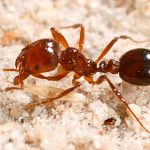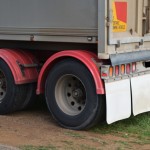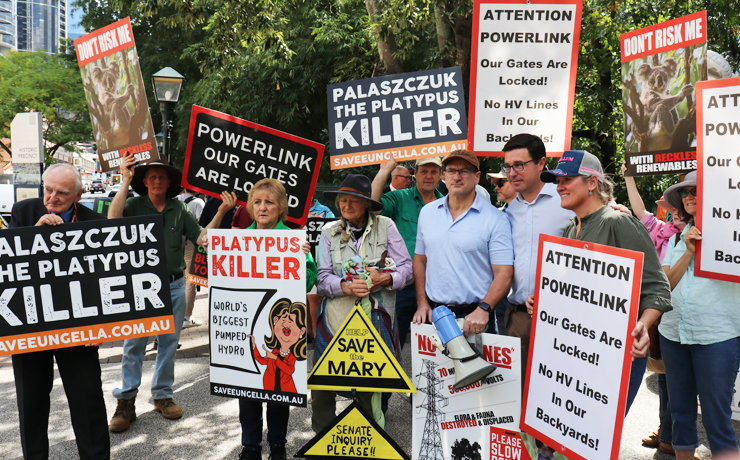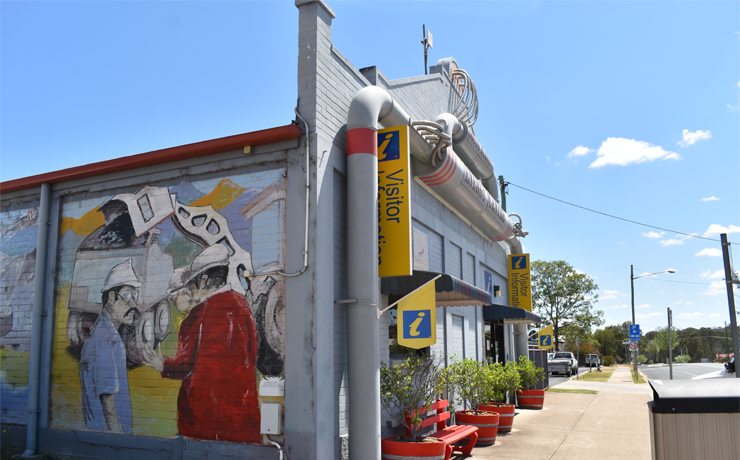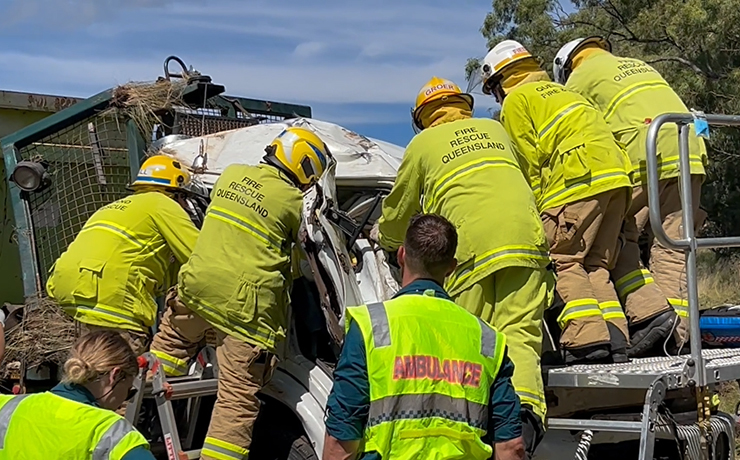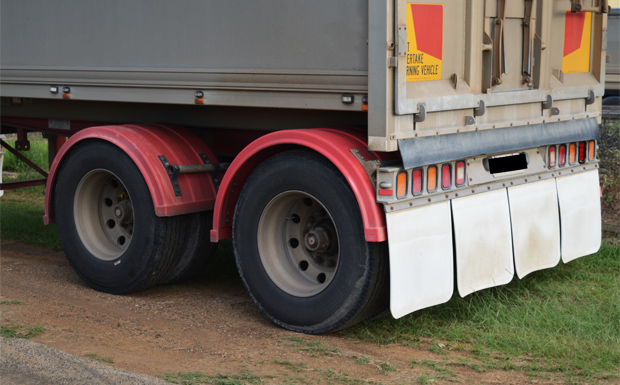January 22, 2021
COVID-19 restrictions in the Greater Brisbane area – introduced after a hotel cleaner tested positive to a highly contagious strain of coronavirus – eased at 1:00am on Friday.
Premier Annastacia Palaszczuk said masks would continue to be recommended for public transport and places where social distancing could not be achieved but would no longer be mandatory.
Businesses (including cafes and restaurants) can return to having one customer for every two square metres; weddings can have 200 guests; people can stand and drink in licensed premises; and dancing can return.
Health Minister Yvette D’Ath said that during the latest alert:
- 103,549 people in Queensland came forward for testing
- 743 close contacts were identified and managed, with 700 tested so far; and
- 38 overseas-acquired cases of COVID-19 were detected among returned travellers in hotel quarantine.
“I want to thank all Queenslanders for rising to the challenge this latest strain has posed,” she said.
“As always, we’re continuing to encourage anyone with symptoms to come forward for testing.”
* * *

Fragments of the virus that causes COVID-19 have been detected in sewage at four more sites in Queensland.
Chief Health Officer Dr Jeannette Young said viral fragments had been detected at wastewater treatment plants at Mackay South, Goodna, Wacol and Carole Park.
“While this does not mean we have new cases of COVID-19 in these communities, we are treating these detections seriously,” Dr Young said.
“A positive sewage result means that someone who has been infected was shedding the virus. Infected people can shed viral fragments and that shedding can happen for several weeks after the person is no longer infectious.”
The samples from Goodna, Wacol and Carole Park were collected last week and the sample from Mackay South was taken this week.
“I continue to urge anyone who feels unwell in these communities to get tested and isolate,” Dr Young said.
“Symptoms include fever, cough, sore throat, runny nose, fatigue, diarrhoea, nausea or vomiting, and loss of taste or smell.
“If there is a case we are not yet aware of, it is critical we detect it through our testing mechanisms as quickly as possible to contain any potential spread.”










